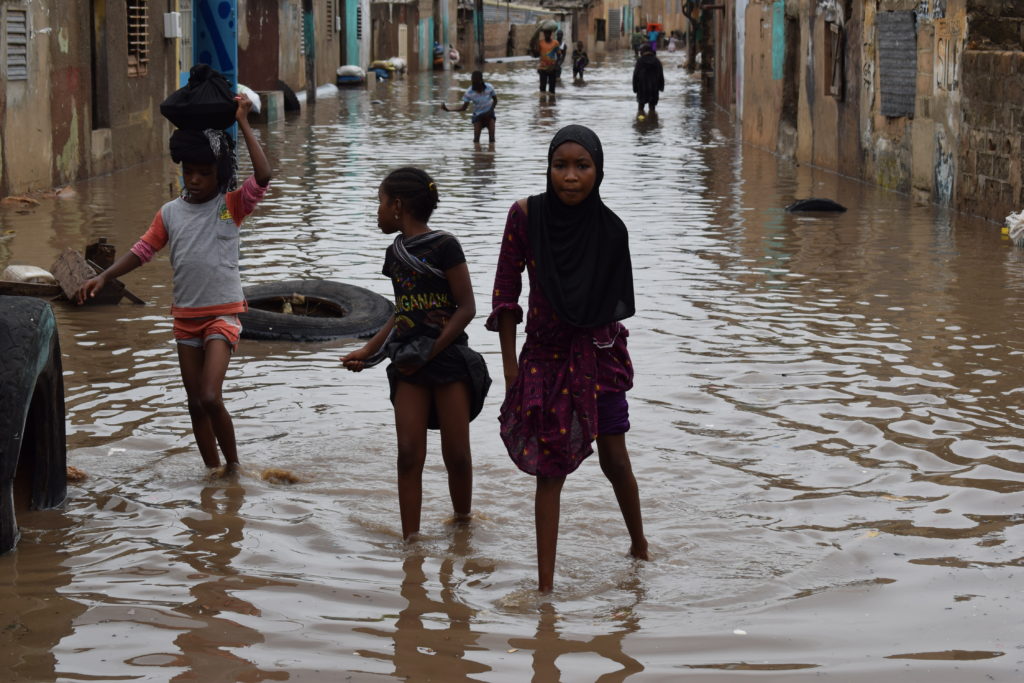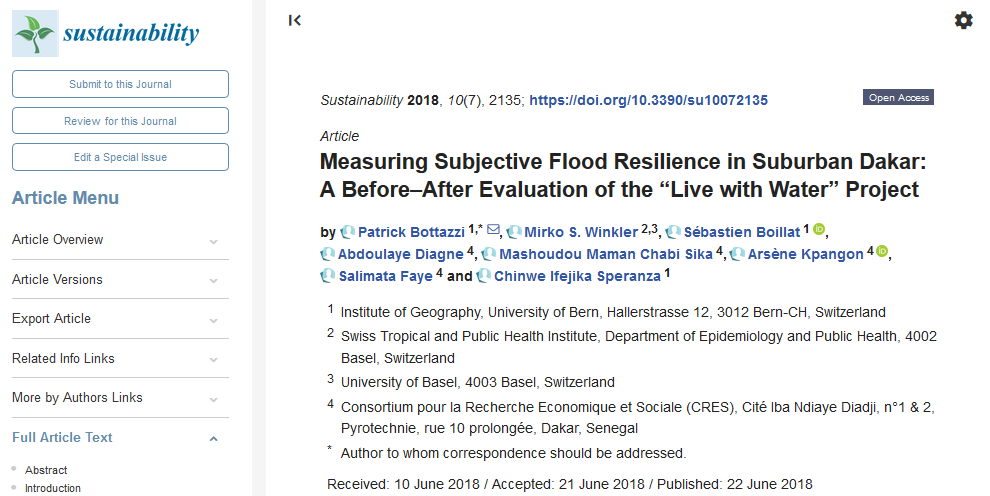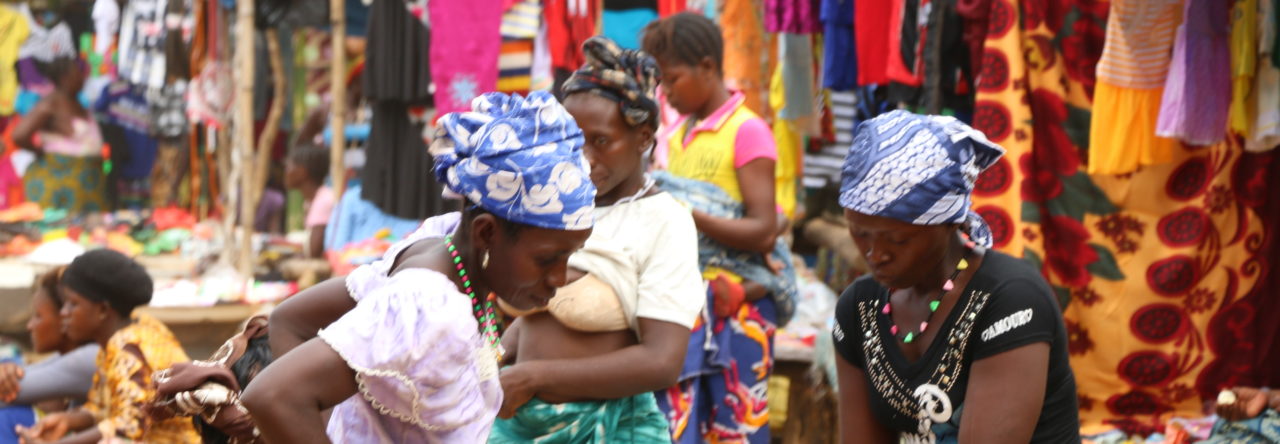
In the last decade, sub-Saharan African countries have taken various measures to plan for and adapt to floods in order to reduce exposure and its impacts on human health, livelihoods, and infrastructure. Measuring the effects of such initiatives on social resilience is challenging as it requires to combine multiple variables and indicators that embrace thematic, spatial, and temporal dimensions inherent to the resilience thinking and concept. In this research, we apply a subjective resilience indicator framework and a before-after-control-intervention (BACI) evaluation to empirically measure the impacts of the “Live with Water” (LWW) project on suburban households in Dakar, Senegal. Our framework is based on an empirically measurable resilience index that combines anticipatory, adaptive, and absorptive capacity—considered as structural dimensions—with the concept of transformative capacity—considered as a temporal reconfiguration of the first three dimensions. Our finding let us estimate that the project increased the absorptive and the anticipatory capacities by 10.6% and 4.6%, respectively. However, adaptive capacity remained unchanged. This may be explained by the fact that the project was more successful in building drainage and physical infrastructures, rather than improving multi-level organizations and strategies to cope with existing flood events. Decoupling implementation time between physical infrastructures and longer term institutional and livelihood based support could both improve projects’ results and their evaluations.

Click here to access full text
![]()

Leave a Reply
You must be logged in to post a comment.